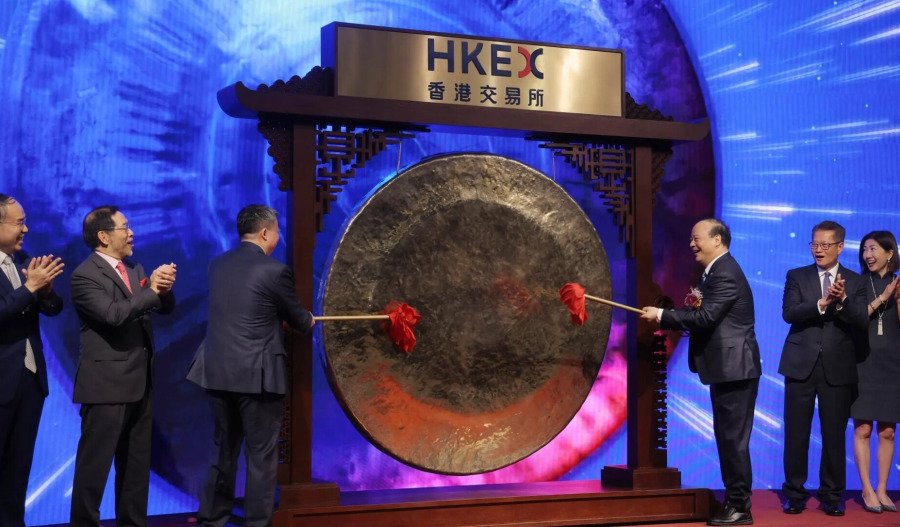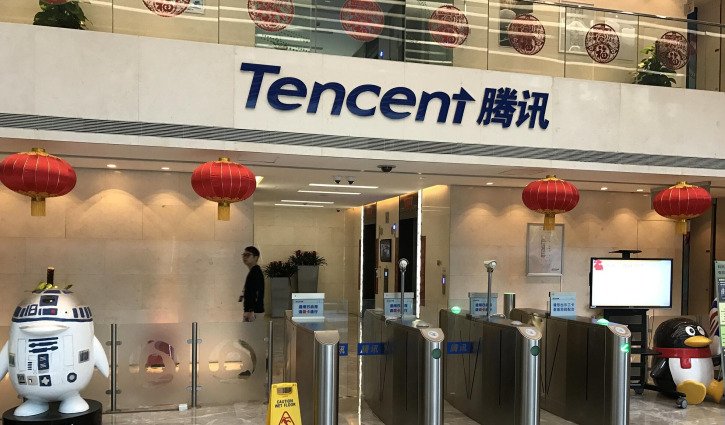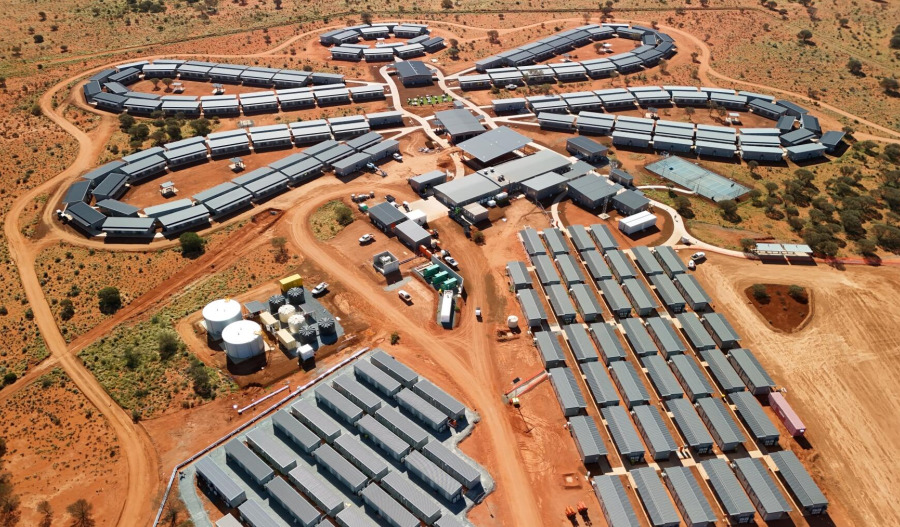Lithium prices and stocks spiked on Monday after battery giant Contemporary Amperex Technology halted operations at a major mine in China, spurring speculation that Beijing might move to suspend other projects as it tackles overcapacity across the economy.
The suspension of CATL's massive Jianxiawo facility - accounting for some 6% of global output - has sent shockwaves through global markets, with producers from Hong Kong to New York posting dramatic gains.
Sector gains
Tianqi Lithium jumped as much as 19% in Hong Kong trading, while Ganfeng Lithium surged 21% after CATL confirmed the closure as ripple effects reached Western markets.
Shares of U.S. producer Albemarle were up by 15% at opening in New York, while Piedmont Lithium jumped by nearly 18%.
Lithium Americas climbed as much as 13%, while Chilean producer SQM rose as much as 12% in the market.
Australian miners experienced similar momentum, with PLS, formerly Pilbara Minerals, jumping as much as 19% on the ASX, while Liontown Resources rocketed 25%.
The most-active lithium carbonate futures contract on Guangzhou's exchange jumped by the daily limit of 8% on Monday, trading at 81,000 yuan a tonne (t), up from a settlement of 75,000 yuan on Friday.
Meanwhile, spot prices in China climbed 3% to 75,500 yuan (US$10,500/t) - the highest since February.
Anti-involution takes effect
The Jianxiawo mine closure appears linked to China's broader "anti-involution" campaign - a strategic initiative targeting destructive competition and overcapacity across multiple industries.
In Q2 2025, China's GDP grew 5.2% year-on-year, outperforming expectations, but the GDP deflator dropped 1.26%, marking nine consecutive quarters of falling prices.
This deflationary pressure has prompted Beijing to address what it calls "involution" - excessive internal competition that erodes profitability.
CATL, also the world's largest manufacturer of EV batteries, announced internally that the Jianxiawo mine would be temporarily halting operations after the company failed to extend a key mining permit, which expired on August 9th.
The company confirmed it's seeking renewal but provided limited details about the timeline.
"I think it will mean the lithium price in the near term has very big upside," China Equity Research co-head Matty Zhao said in a Bloomberg TV interview.
A sentiment that reflects growing market optimism that supply constraints could finally rebalance the currently oversupplied market.
Broader regulatory scrutiny looms
The market makers are closely monitoring potential domino effects.
A local government department has asked eight miners to submit reserves reports by the end of September, according to notes from brokers and analysts, following an audit that found non-compliance in the registration and approvals process.
"CATL's situation does not change the oversupply structure in the market," China Futures analyst Zhang Weixin noted.
"However, if production disruption is expanded to other mines in Yichun after Sept. 30, the lithium price level could go even higher."
The Yichun region collectively represents ~11% of global lithium production, making any coordinated shutdown particularly impactful.
"We believe this could be part of the government's anti-involution initiative," Citigroup analysts said in a note.
They suggested closures in Yichun “should help China to re-price its strategic resource in the long-run, and the government can ensure lithium is mined and extracted in a proper and compliant way”.
Challenges remain
Despite Monday's rally, structural oversupply of lithium persists.
Producers have struggled with a global supply glut exacerbated by demand headwinds for EVs, including U.S. President Donald Trump's rollback of incentives for America's domestic production.
It's led to a lithium carbonate price collapse of nearly 90% from its 2022 peak.
Morgan Stanley noted that, depending on the length of the Jianxiawo outage, and if there are any further disruptions elsewhere, the market is likely to move closer to balance in the remainder of the year.
The investment bank had previously forecast a modest surplus for 2025, suggesting any extended supply disruption could materially tighten market conditions.
"For CATL we do not expect any meaningful operational impact to battery production from the Jiangxi mine suspension," Macquarie Capital China Equity Strategy head Eugene Hsiao said.
"The concern from the mine suspension is less on CATL and more on if the broader lithium supply chain can see tighter capacity, and if this will be coordinated via Chinese government actions."



